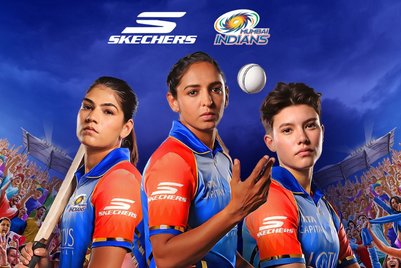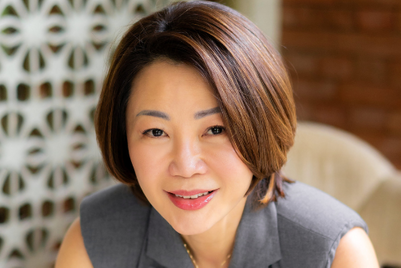A new study by media intelligence provider Carma analyses recent brand boycotts targeted towards Starbucks, Disney and Skechers through the lens of social media. It highlights the social media conversations and the narratives most mentioned by netizens during the boycotts to serve as insights for other brands.
Sparked by conflict in the Middle East, the global boycotts swelled online as a form of social activism. In Asia, the calls for brand boycotts were predominantly concentrated in Malaysia and Indonesia.
Online platforms such as X (formerly Twitter) became hubs for discussion and mobilisation and the boycotts quickly gained significant traction, driven by netizens and influential accounts, including movements like Boycott, Divestment, Sanctions (BDS), a nonviolent Palestinian-led movement promoting boycotts against Israel, and hashtags such as #BlockOut2024.
Coffeehouse giant Starbucks found itself as a target for one of these boycotts after its Workers United union showed support for Palestine on Twitter. The boycott started after Starbucks took legal action against the union for their refusal to remove the tweet.
In July 2024, there was a spike in demand to boycott the company sparking trending hashtags like #BoycottStarbucks.
The boycott picked up speed without an organised movement. Consumers expressed a preference for supporting “local coffee shops that offer higher quality products”, reinforcing the call to choose local over global brands.
A collaboration between Taeyang, a member from boyband BTS, and Starbucks also sparked conversations. While some fans celebrated the partnership, others voiced concerns that news of the collaboration might overshadow the call for boycotts. Fans urged BTS to stop their partnership with Starbucks.
Furthermore, Starbucks was mentioned alongside Adidas following their controversial decision to drop model Bella Hadid from an ad campaign due to her support for Palestine. An organic boycott movement started in Indonesia with increased calls to boycott Starbucks following the Adidas controversy.
Similarly, Disney found itself on the receiving end of calls for a boycott after they made an official announcement to pledge US$2 million and further initiatives to support Israel.
In July 2023, Disney faced backlash due to fans of K-pop band BTS urging members Jimin and Jungkook to cancel their upcoming Are You Sure show on Disney. In addition, the BDS movement in Indonesia drove a surge in mentions as Disney announced releases of new shows and movies.
At one stage, all top 10 hashtags on X associated with Disney were related to the boycott.
Meanwhile, footwear brand Skechers was subject to a boycott after Michael S Greenberg, the president of Skechers, declared his support for Israel.
After the shoe brand collaborated with the Olympic Council of Malaysia (OCM) for the 2024 Olympics, there were calls for a boycott of Skechers products, reflecting
a sense of betrayal and anger among Malaysians who felt their interests were not being represented.
However, the boycott was short-lived. After a collaboration with magazine ElleMen, social media conversations of boycotts were overshadowed and sentiments on social vastly changed for the shoe brand. In fact, Skechers saw a 49% decrease in negative sentiments after collaborating with ElleMen.
"Reputation is not just about capturing what people feel toward a brand, but also understanding how they consume and are influenced by the media," says Jeremiah Rodrigues, general manager of Malaysia and Philippines at Carma. "In a crisis, this perception becomes more crucial than ever. Social-media trends, traditional media and audience sentiment paint a powerful picture for brands—capturing a true, holistic opinion that can help a brand bounce back from boycotts."







.jpg&h=334&w=500&q=100&v=20250320&c=1)


.jpg&h=334&w=500&q=100&v=20250320&c=1)




+(900+x+600+px)+(3).png&h=334&w=500&q=100&v=20250320&c=1)
.jpg&h=268&w=401&q=100&v=20250320&c=1)
.jpg&h=268&w=401&q=100&v=20250320&c=1)

.png&h=268&w=401&q=100&v=20250320&c=1)
.png&h=268&w=401&q=100&v=20250320&c=1)

.jpg&h=268&w=401&q=100&v=20250320&c=1)
